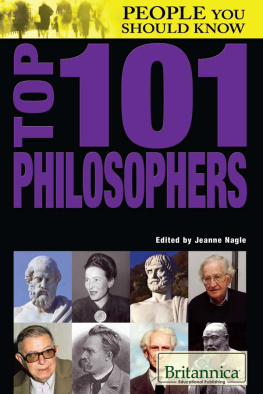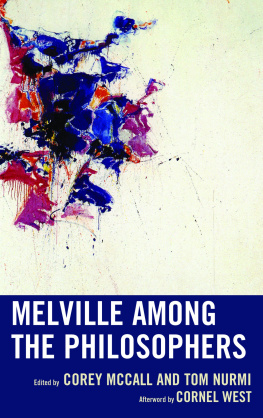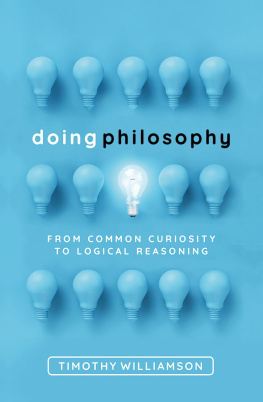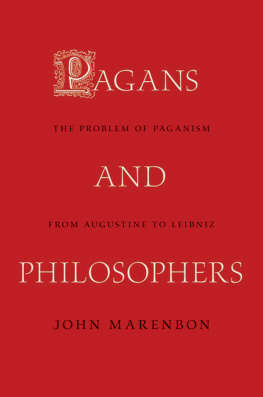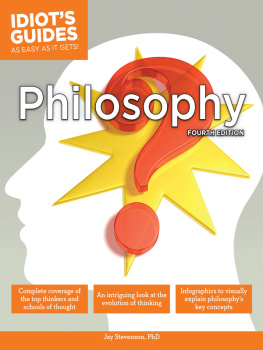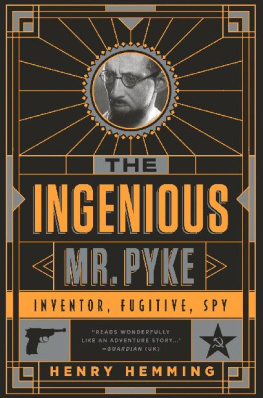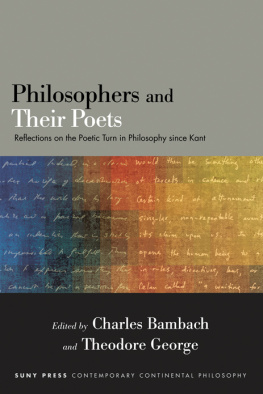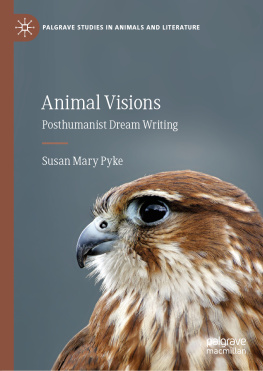Pyke - Philosophers
Here you can read online Pyke - Philosophers full text of the book (entire story) in english for free. Download pdf and epub, get meaning, cover and reviews about this ebook. City: New York;Oxford, year: 2011, publisher: Oxford University Press USA - OSO, genre: Religion. Description of the work, (preface) as well as reviews are available. Best literature library LitArk.com created for fans of good reading and offers a wide selection of genres:
Romance novel
Science fiction
Adventure
Detective
Science
History
Home and family
Prose
Art
Politics
Computer
Non-fiction
Religion
Business
Children
Humor
Choose a favorite category and find really read worthwhile books. Enjoy immersion in the world of imagination, feel the emotions of the characters or learn something new for yourself, make an fascinating discovery.

Philosophers: summary, description and annotation
We offer to read an annotation, description, summary or preface (depends on what the author of the book "Philosophers" wrote himself). If you haven't found the necessary information about the book — write in the comments, we will try to find it.
Philosophers — read online for free the complete book (whole text) full work
Below is the text of the book, divided by pages. System saving the place of the last page read, allows you to conveniently read the book "Philosophers" online for free, without having to search again every time where you left off. Put a bookmark, and you can go to the page where you finished reading at any time.
Font size:
Interval:
Bookmark:
Photographs by
STEVE PYKE


Oxford University Press, Inc., publishes works that further
Oxford Universitys objective of excellence
in research, scholarship, and education.
Oxford New York
Auckland Cape Town Dar es Salaam Hong Kong Karachi
Kuala Lumpur Madrid Melbourne Mexico City Nairobi
New Delhi Shanghai Taipei Toronto
With offices in
Argentina Austria Brazil Chile Czech Republic France Greece
Guatemala Hungary Italy Japan Poland Portugal Singapore
South Korea Switzerland Thailand Turkey Ukraine Vietnam
Copyright 2011 Steve Pyke
Published by Oxford University Press, Inc.
198 Madison Avenue, New York, New York 10016
www.oup.com
Oxford is a registered trademark of Oxford University Press
All rights reserved. No part of this publication may be reproduced,
stored in a retrieval system, or transmitted, in any form or by any means,
electronic, mechanical, photocopying, recording, or otherwise,
without the prior permission of Oxford University Press.
Library of Congress Cataloging-in-Publication Data
ISBN-13: 9780199757145
1 3 5 7 9 8 6 4 2
Printed in the United States of America
on acid-free paper
STEVE PYKES GALLERY OF MINDS
Arthur C. Danto
2010
Steve Pyke, master photographer of the soul and character of individuals of diverse classes and callings, encountered his first philosopher in 1988, when he received an editorial commission to portray Sir Alfred Jules Ayer, author of Language, Truth and Logic, a popular classic of analytical thought. Though warned that he had but ten minutes to capture Ayers likeness, the session stretched into several hours of talk of a kind and order of openness that nothing in Pykes experience had prepared him for. Freddie, as Ayer was affectionately called, professed a philosophyLogical Positivism or Logical Empiricismthat is often considered tight, dry, closed, cold, narrow, barren, and juiceless. It consigns to the bin of mere nonsense the sublime visions that have inspired multitudes. But based on my own experience, whatever Ayers official limits on the topic of metaphysics, there must have been so much thought, wit, practical wisdom, wide knowledge and stunning clarity in his everyday conversation that Pyke, who had seen life, knew the world, and was already an artist of considerable achievement, had never before met its like. He had not read much if any philosophy. But such, I surmise, was the range, depth, and charm of Ayers discourse that it sufficed to open Pyke up to philosophers as a species, and to embark on a project of photographing not just philosophers, but philosophers philosophersthe men and women whose philosophical achievement was respected by other philosophers. The result is a unique study of what roughly 200 practitioners, mainly of the analytical school of professional philosophers, actually look like to the Pyke-eye, to use the artists e-mail designation. It is a thrilling examination of the physiognomy of thought.

Professor Sir Alfred Ayer, 1988
Most of what analytical philosophers talked about among themselves was language, but the particular social group to which Ayer belonged was also characterized by a sparkling urbanity that was unique, in my experience at least, and what Pyke was exposed to in his meeting with Ayer was a kind of salon discourse that may have had a counterpart in Paris, but nowhere in America, so far as I know. Ayer belonged to a subset of British philosophers that were distinguished by a broad cosmopolitanism, and an inbred sophistication that enabled them to move at ease in and out of political, financial, and artistic, as well as academic circles. His peers were, among others, Isaiah Berlin, Richard Wollheim, Stuart Hampshire, Bernard Williams, Iris Murdoch, David Pears, and Philippa Foot. Theirs was not just a world of language, truth, and logic, but of theater, art exhibitions, and gossip. Their world was one readers of Evelyn Waugh or Anthony Powell would be familiar with. Their talk would not be typical of the way philosophers talk elsewhere, and for all I know, the social world of Bloomsbury, Chelsea, and South Kensington has now vanished.
But there is a philosophical form of life defined by a certain kind of talk, writing, and thought, in which all philosophers must be fluent but in which some philosophers excel. It requires a facility in argument and an ability to invent examples and particularly to produce and know how to neutralize counter-examples. In truth, one can experience philosophy in practice by reading the dialogues of Plato, in which Socrates, who is not known to have written anything, explores with sundry Athenianssoldiers, business men, poets, teachers, and otherslanguage, truth, and logic, to be sure, but also beauty, knowledge, virtue, justice, courage, love, appearance, reality, and how to live a meaningful life. Those are still central philosophical topics, and what the Greeks said to one another remains a living presence in philosophy seminars in Frankfurt, Paris, Oxford, both Cambridge England and Cambridge Massachusetts, and wherever else philosophy has a life. The philosophy of all those pictured here, whether they are living or dead, remains part of what philosophy is, was, and will be. Perusers of this book will not hear their voices, but will be able to see, to the degree that it is possible, the way they talked, thought, and wrote, which etched the disposition of their features. For the most part, Pyke shows us only their heads, in characteristic moments of thought, which some of them look as if they are about to express.
Everybody looks fiercely smart, though we have testimony regarding the great thinkers of the past that they didnt always look as clever as they actually were. Most readers of the Scottish seer, David Hume, would give him the highest marks in acuity and inferential daring, but his looks were another matter altogether. A young lordling, under Humes charge on the Grand Tour, wrote that Nature, I believe, never yet formed any man more unlike his real character than David Hume His face was broad and fat, his mouth wide, and without any other expression than that of imbecility, his eyes, vacant and spiritless, and the corpulence of his whole body was far better fitted to communicate the ideal of a turtle-eating Alderman, than of a refined Philosopher. We may confirm this by consulting the 1766 portrait of Hume by Allen Ramsay, though the art historian, Edgar Wind, writes that the heavy mass of fat is articulated and touched with meaning the mouth, beautifully arched, expresses a mixture of sensuality, melancholy, and wit; the forehead is broad and the eyes calm and clear. This may help explain Humes attractiveness to women that somewhat baffled his contemporaries. And it is a useful example of how to read a portrait, especially in looking at a book like this. Still, Ramseys 1766 painting of Hume was an official portrait, for which Hume wore the formal dress of an Embassy Secretary. He would have looked very different sitting in his library, chattering in his famous brogue.
My own sense is that the human face and the camera, as it has evolved, were made for one another. The face is in constant movement, and in the course of its ceaseless modulation transmits, almost cinematically, a series of disclosures of its owners inner being. The shutter is made to capture this, by admitting lightnatures pencil, as Fox Talbot, coinventor of photography, called itwhich instantly draws the emitted soul on a light-sensitive surface. Because of its constant motion, the face is typically between looks, which is why photographers often ask the subject to smile, as a way of freezing the features in an acceptable look, or something like an acceptable look. Most such smiles are unnatural, and the face becomes a mask. The great photographer is not interested in masks, because they tell us almost nothing about the subjects soul. He or she stalks the soul and is gifted with the reflexes that open the lens just when the face opens, and the soul makes a flashing appearance. The hands of the painter are never fast enough to do this. Hume, alas, was portrayed in the dark age of pre-photography. Photographers who ask for smiles are modeling themselves on painters.
Font size:
Interval:
Bookmark:
Similar books «Philosophers»
Look at similar books to Philosophers. We have selected literature similar in name and meaning in the hope of providing readers with more options to find new, interesting, not yet read works.
Discussion, reviews of the book Philosophers and just readers' own opinions. Leave your comments, write what you think about the work, its meaning or the main characters. Specify what exactly you liked and what you didn't like, and why you think so.


